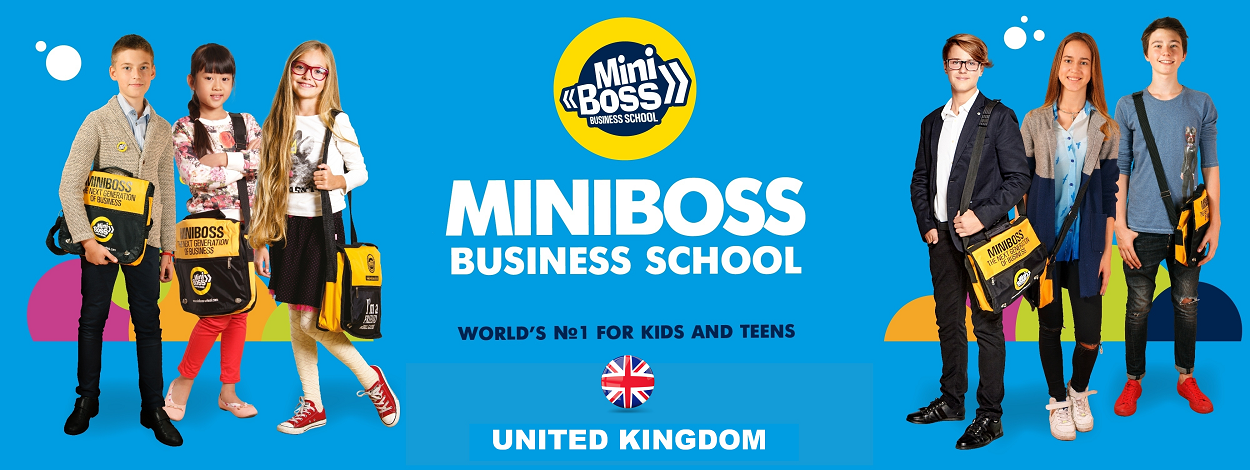
If you think that the secret to effective brainpower is to stuff it with as much information as possible using your memory, think again.
Look at these.
This is what will appear in your mind when I ask you to recall the night view in the city.

When it comes to memory, our brains are typically no better than an 8GB USB storage device.
In the modern world, information bombards us constantly. And if we rely on our 8GB capacity to memorize as much as possible, the only way to make it fit is to store it at a low resolution. When we come to review what we’ve learned, we’re dismayed to find only ‘blurred’ information and vague approximations of what was so clear when we experienced it.
In the past the top priority for human brains was survival
Let’s leave the modern world of computers behind for a moment, and travel back in time to when the informational landscape was very different.
Put yourself in the prehistoric shoes of one of your early ancestors.
The prehistoric environment was challenging and harsh. So for much of your time you’d have been motivated by basic survival — how to sustain your life (food, shelter, relationships); and how to deal with threats (predatory animals, weather conditions).
In other words, ‘prehistoric-you’ would not have elevated memorization to be a primary goal, but would have prioritized processing information like thinking ‘this is a dangerous area’, ‘this is edible’.
The more civilized we got, the more we needed to remember
As civilization advanced — with the development of spoken and written language — the memorization of information that didn’t have immediate survival benefits became useful. It allowed people to communicate with others and learn how to act based on the experiences of others, without having to deal with mistakes and risks first-hand. Nevertheless, the amount of information available to an individual was still relatively limited compared to today’s standards, and could therefore be savoured and reflected upon.
But here in the modern world we have unparalleled access to information — books, TV, radio, game consoles, mobile phones, and of course the Internet — which has resulted in an explosion of information consumption. Both a blessing and a curse, we’re now able to exchange masses of knowledge at a faster rate than ever before. But now we need to learn how to handle too much information.
If we still rely on our brains we’ll be overwhelmed
Every day we consume a whopping 34GB of information. Add to that the 50,000 thoughts we generate each day, and it becomes clear that we’re not up to the task of managing information from memory alone — we need to find a way of outsourcing this task.
Now try this.
Look at the following string of numbers for 5 seconds and store them in your memory in the correct order:
92748109382301832
Now calculate:
9 x 23 = ?
14 x 13 = ?
(The answers: 207 and 182)
Now try to recall the long chain of numbers. How many can you recall? I tried this with several of my colleagues and, not surprisingly, none of them could remember the whole chain.
Had you been given just one of the tasks, no doubt you would have done a better job. But because you were trying to both memorize and process at the same time, your brain was under greater strain. This is what your brain has to contend with all the time.
Our brains are not designed to record information accurately and objectively. Trying to take in too much information results in us becoming overloaded and overwhelmed. What’s more, we interfere with what our brains are truly great at — processing information and being inventive and creative.
How to free up the space in your brain
Just because information is now at our fingertips, it doesn’t mean we should become slaves to it.
We should be more like our prehistoric selves, and instead of being dominated by information, we should know how and when to access information to fulfil our needs.
We need to free up any space that is used for pointless memorization so that the brain can do what it does best — process information. We’d like to introduce two great ways that you can achieve this
Develop Your ‘Pocket Brain’
Outsource the job of memorization by designing a system to organize and store potentially useful information. A computer is of course a great tool for accurate storage and reliable retrieval.
The important idea here is to become a skilled information handler rather than trying to stuff your brain with information.
Keep an eye open for future articles where we show you exactly how you can create and use your pocket brain for all kinds of information.
Meaningful Learning
As well as your pocket brain, you also need to know how to make the most of the memory that you do have to achieve meaningful learning.
The desired outcome is to make information so relevant to you that it becomes effortless to activate it when you need it. For example, think about how effortlessly you speak your mother tongue — it’s knowledge that’s become a part of who you are.
Watch this space — we’re going to be showing you how to practice meaningful learning in future articles.
Origin






